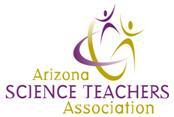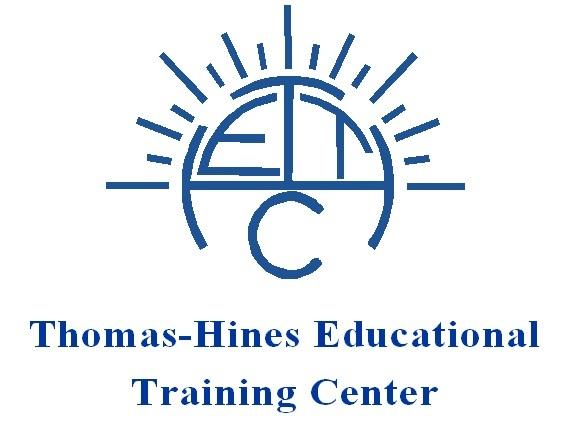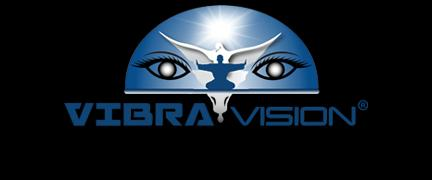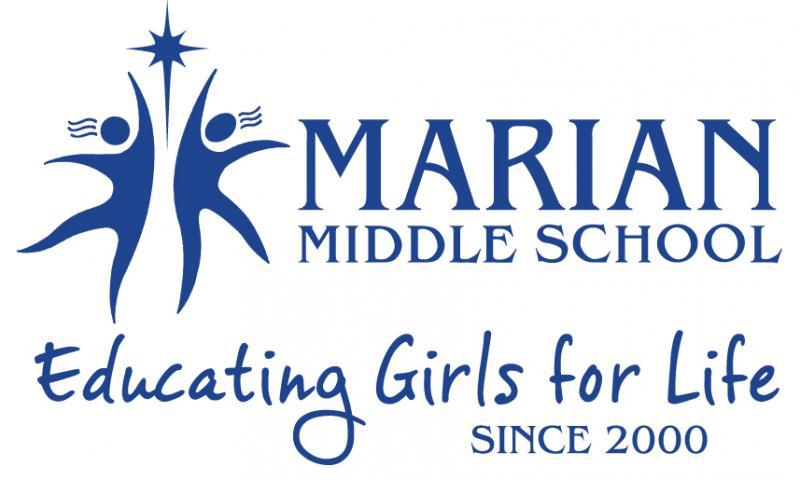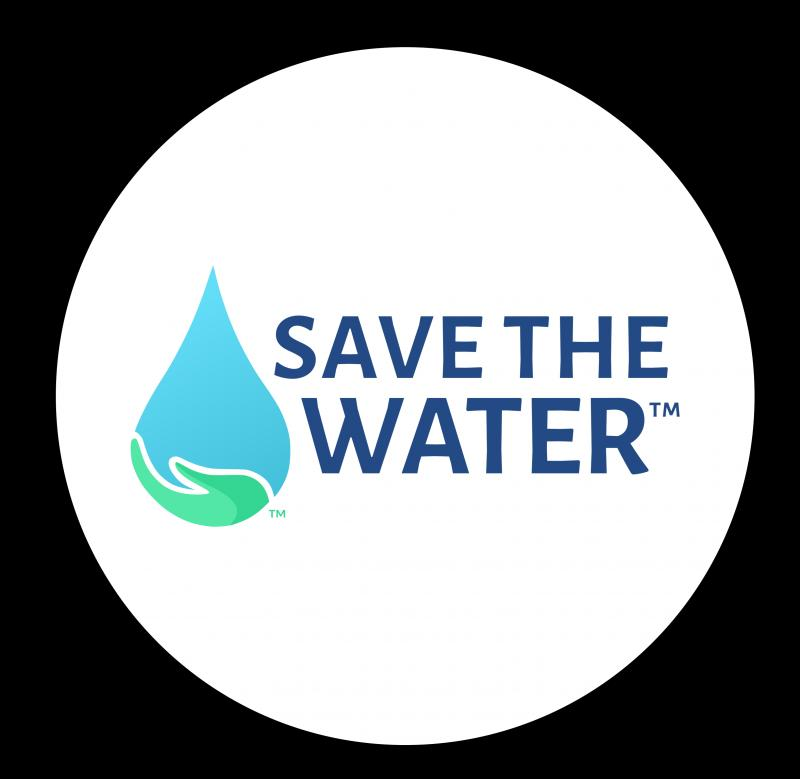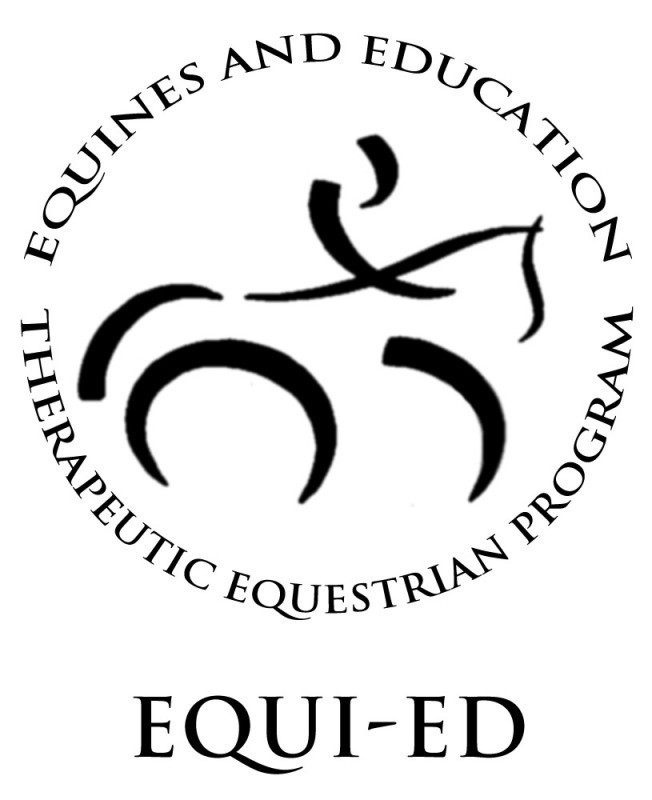Causes: Education, Educational Services, Elementary & Secondary Schools, Literacy, Philanthropy, Public Foundations, Student Services
Mission: We can all remember childhood moments when we felt particularly safe (or unsafe) in school, when we felt particularly connected to a caring adult (or frighteningly alone), when we felt particularly engaged in meaningful learning (or not). These are the school memories that we all tend to vividly remember: good and/or bad. It is not surprising that these kinds of experiences shape learning and development. However, school climate is larger than any one person's experience. When people work together, a group process emerges that is bigger that any one person's actions. A comprehensive assessment of school climate includes major spheres of school life such as safety, relationships, teaching and learning, and the environment as well as larger organizational patterns (e. g. from fragmented to shared; healthy or unhealthy). How we feel about being in school and these larger group trends shape learning and student development. Peer-reviewed educational research has consistently demonstrated that a positive school climate is associated with academic achievement, effective risk prevention efforts and positive youth development. * 1 in 10 schools is a “drop-out factory, ” a high school where only 60% of freshmen or fewer make it to senior year. Measuring school climate reveals areas of risk for dropouts. A positive school climate increases student engagement (how committed a student is to their school), effectively reducing the risk for dropouts and violence. * Nearly 50% of new teachers leave the profession by the end of their fifth year A democratic, safe and supportive environment (where all voices are honored) helps keep teachers happy – which increases teacher retention – a real problem in many urban schools. NSCC helps schools focus professional development training where it's needed most, so staff are better supported and engaged. * Almost 30% of youth in the United States are estimated to be involved in bullying as a bully, target of bullying or both Results from NSCC’s CSCI (and other research) shows that school climate directly affects academic achievement – when kids feel safe and supported, they perform better in school. * 50% of the nation's unemployed youth are functionally illiterate, with virtually no prospects of obtaining good jobs A positive school climate is directly linked to improved academic achievement and provides students with the prosocial skills - like flexible problem-solving, teamwork and conflict resolution - that lead to life success. Together We Can Turn These Statistics Around!Mission StatementNSCC's mission is to measure and improve the climate for learning in schools to help children realize their fullest potential as individuals and as engaged members of society. NSCC achieves this through:* Advocacy and policy* Measurement and research* Educational servicesAdvocacy and PolicyAdvocacy is a central part of NSCC’s work through publications, resource development and educational outreach. NSCC also takes a leadership role in consultation and communications efforts to State Departments of Education, national educational organizations, policy makers and concerned citizens, and works closely with the the National School Climate Council, a group of policy and practice leaders. Measurement and ResearchNSCC has developed a research-based school climate survey that can be used as a needs assessment and springboard for school improvement planning. The Comprehensive School Climate Inventory (CSCI) has been used with schools, districts, and networks of charter schools across America and the Ohio Department of Education (ODE). NSCC continues to work with school teams across the country to effectively measure and improve school climate. Educational ServicesNSCC provides comprehensive educational support services to school faculty, staff, administrators and parents, which include: workshops, on-site coaching, and an annual summer institute. Topics include: measuring and improving school climate; breaking the bully-victim-bystander cycle; infusing social, emotional and civic learning into school curriculums; understanding diversity and respect for differences; and many more. For more about how we help school communities view our programs and services online at www. schoolclimate. org/programs.
Results: Garnering endorsements for the School Climate Standards (www. schoolclimate. org/climate/standards. php)- At this point, the following organizations have endorsed the School Climate Standards:
• American School Health Association
• American School Counselor Association
• ASCD
• Character Education Partnership
• Committee for Children
• iKeepSafe (Internet Keep Safe Coalition)
• Family Violence Prevention Fund
• Fair Test
• Institute for Educational Inquiry, Seattle, Washington
• National Association of School Psychologists
• National Center for Student Engagement
• National School Board Association
• School Mental Health Project, Center for Mental Health in Schools, Dept. of Psychology, UCLA
• Search Institute
• Public Education Network Conducting a national State Department of Education policy/law scan that will reveal how all States are working to (i) prevent bullying and (ii) improve school climate. Partners 1.NSCC has been invited to become a Technical Partner for the National Center for mental health Promotion and Youth Prevention (National Center). 2.Thanks to the funding and support of the following partners, BullyBust is able to provide critical resources and programs to directly support schools-in-need nationwide. * Wicked the Musical * Flip Video * YouTube * Google * StaplesThrough our Professional development work, the Comprehensive School Climate Inventory (CSCI) survey and the Partner School Program for BullyBust, we are reaching hundreds of thousands of students throughout the country.
Target demographics: NSCC offers a variety of professional development programs and services to K-12 schools, educators and parent advocate groups
Geographic areas served: United States
Programs: Almost 30% of youth in the US (over 5.7 million) are estimated to be involved in bullying as either a bully, a target of bullying or both. Every seven minutes a child is bullied in the playground -- and 85% of the time there is no intervention. Bully-victim-passive bystander behavior is the most common behavior that undermines feeling safe in schools. It is critical that schools get the support they need to move from a culture of passive bystanders to a culture of upstanders -- community members who notice bully-victim behavior and learn to 'stand up' -- directly or indirectly -- and say "no" to this toxic behavior.
BullyBust is NSCC's back-to-school bullying awareness campaign designed to help students "stand up" to bullying and become part of the soultion to end harmful verbal harassment, teasing and violence in our nation's schools. Engaging students and promoting excitement in this program is of utmost importance. Statistics show that cracking down on individual bullies is seldom effective, but a school-wide commitment to end bullying can reduce the problem by 50%. This past fall, NSCC launched a viral "Stand up to Bullying" YouTube contest within schools nationwide wherein groups of students have been able to sharetheir video messages, stories and words of support. The school prompting the best video will win a special symposium dedicated to bullying awareness.
Mission: We can all remember childhood moments when we felt particularly safe (or unsafe) in school, when we felt particularly connected to a caring adult (or frighteningly alone), when we felt particularly engaged in meaningful learning (or not). These are the school memories that we all tend to vividly remember: good and/or bad. It is not surprising that these kinds of experiences shape learning and development. However, school climate is larger than any one person's experience. When people work together, a group process emerges that is bigger that any one person's actions. A comprehensive assessment of school climate includes major spheres of school life such as safety, relationships, teaching and learning, and the environment as well as larger organizational patterns (e. g. from fragmented to shared; healthy or unhealthy). How we feel about being in school and these larger group trends shape learning and student development. Peer-reviewed educational research has consistently demonstrated that a positive school climate is associated with academic achievement, effective risk prevention efforts and positive youth development. * 1 in 10 schools is a “drop-out factory, ” a high school where only 60% of freshmen or fewer make it to senior year. Measuring school climate reveals areas of risk for dropouts. A positive school climate increases student engagement (how committed a student is to their school), effectively reducing the risk for dropouts and violence. * Nearly 50% of new teachers leave the profession by the end of their fifth year A democratic, safe and supportive environment (where all voices are honored) helps keep teachers happy – which increases teacher retention – a real problem in many urban schools. NSCC helps schools focus professional development training where it's needed most, so staff are better supported and engaged. * Almost 30% of youth in the United States are estimated to be involved in bullying as a bully, target of bullying or both Results from NSCC’s CSCI (and other research) shows that school climate directly affects academic achievement – when kids feel safe and supported, they perform better in school. * 50% of the nation's unemployed youth are functionally illiterate, with virtually no prospects of obtaining good jobs A positive school climate is directly linked to improved academic achievement and provides students with the prosocial skills - like flexible problem-solving, teamwork and conflict resolution - that lead to life success. Together We Can Turn These Statistics Around!Mission StatementNSCC's mission is to measure and improve the climate for learning in schools to help children realize their fullest potential as individuals and as engaged members of society. NSCC achieves this through:* Advocacy and policy* Measurement and research* Educational servicesAdvocacy and PolicyAdvocacy is a central part of NSCC’s work through publications, resource development and educational outreach. NSCC also takes a leadership role in consultation and communications efforts to State Departments of Education, national educational organizations, policy makers and concerned citizens, and works closely with the the National School Climate Council, a group of policy and practice leaders. Measurement and ResearchNSCC has developed a research-based school climate survey that can be used as a needs assessment and springboard for school improvement planning. The Comprehensive School Climate Inventory (CSCI) has been used with schools, districts, and networks of charter schools across America and the Ohio Department of Education (ODE). NSCC continues to work with school teams across the country to effectively measure and improve school climate. Educational ServicesNSCC provides comprehensive educational support services to school faculty, staff, administrators and parents, which include: workshops, on-site coaching, and an annual summer institute. Topics include: measuring and improving school climate; breaking the bully-victim-bystander cycle; infusing social, emotional and civic learning into school curriculums; understanding diversity and respect for differences; and many more. For more about how we help school communities view our programs and services online at www. schoolclimate. org/programs.
Results: Garnering endorsements for the School Climate Standards (www. schoolclimate. org/climate/standards. php)- At this point, the following organizations have endorsed the School Climate Standards:
• American School Health Association
• American School Counselor Association
• ASCD
• Character Education Partnership
• Committee for Children
• iKeepSafe (Internet Keep Safe Coalition)
• Family Violence Prevention Fund
• Fair Test
• Institute for Educational Inquiry, Seattle, Washington
• National Association of School Psychologists
• National Center for Student Engagement
• National School Board Association
• School Mental Health Project, Center for Mental Health in Schools, Dept. of Psychology, UCLA
• Search Institute
• Public Education Network Conducting a national State Department of Education policy/law scan that will reveal how all States are working to (i) prevent bullying and (ii) improve school climate. Partners 1.NSCC has been invited to become a Technical Partner for the National Center for mental health Promotion and Youth Prevention (National Center). 2.Thanks to the funding and support of the following partners, BullyBust is able to provide critical resources and programs to directly support schools-in-need nationwide. * Wicked the Musical * Flip Video * YouTube * Google * StaplesThrough our Professional development work, the Comprehensive School Climate Inventory (CSCI) survey and the Partner School Program for BullyBust, we are reaching hundreds of thousands of students throughout the country.
Target demographics: NSCC offers a variety of professional development programs and services to K-12 schools, educators and parent advocate groups
Geographic areas served: United States
Programs: Almost 30% of youth in the US (over 5.7 million) are estimated to be involved in bullying as either a bully, a target of bullying or both. Every seven minutes a child is bullied in the playground -- and 85% of the time there is no intervention. Bully-victim-passive bystander behavior is the most common behavior that undermines feeling safe in schools. It is critical that schools get the support they need to move from a culture of passive bystanders to a culture of upstanders -- community members who notice bully-victim behavior and learn to 'stand up' -- directly or indirectly -- and say "no" to this toxic behavior.
BullyBust is NSCC's back-to-school bullying awareness campaign designed to help students "stand up" to bullying and become part of the soultion to end harmful verbal harassment, teasing and violence in our nation's schools. Engaging students and promoting excitement in this program is of utmost importance. Statistics show that cracking down on individual bullies is seldom effective, but a school-wide commitment to end bullying can reduce the problem by 50%. This past fall, NSCC launched a viral "Stand up to Bullying" YouTube contest within schools nationwide wherein groups of students have been able to sharetheir video messages, stories and words of support. The school prompting the best video will win a special symposium dedicated to bullying awareness.
341 West 38th Street, 9th Floor, New York, NY 10018
212-707-8799
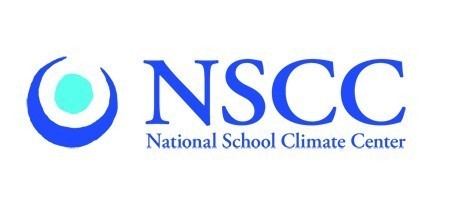
Education
New York






















